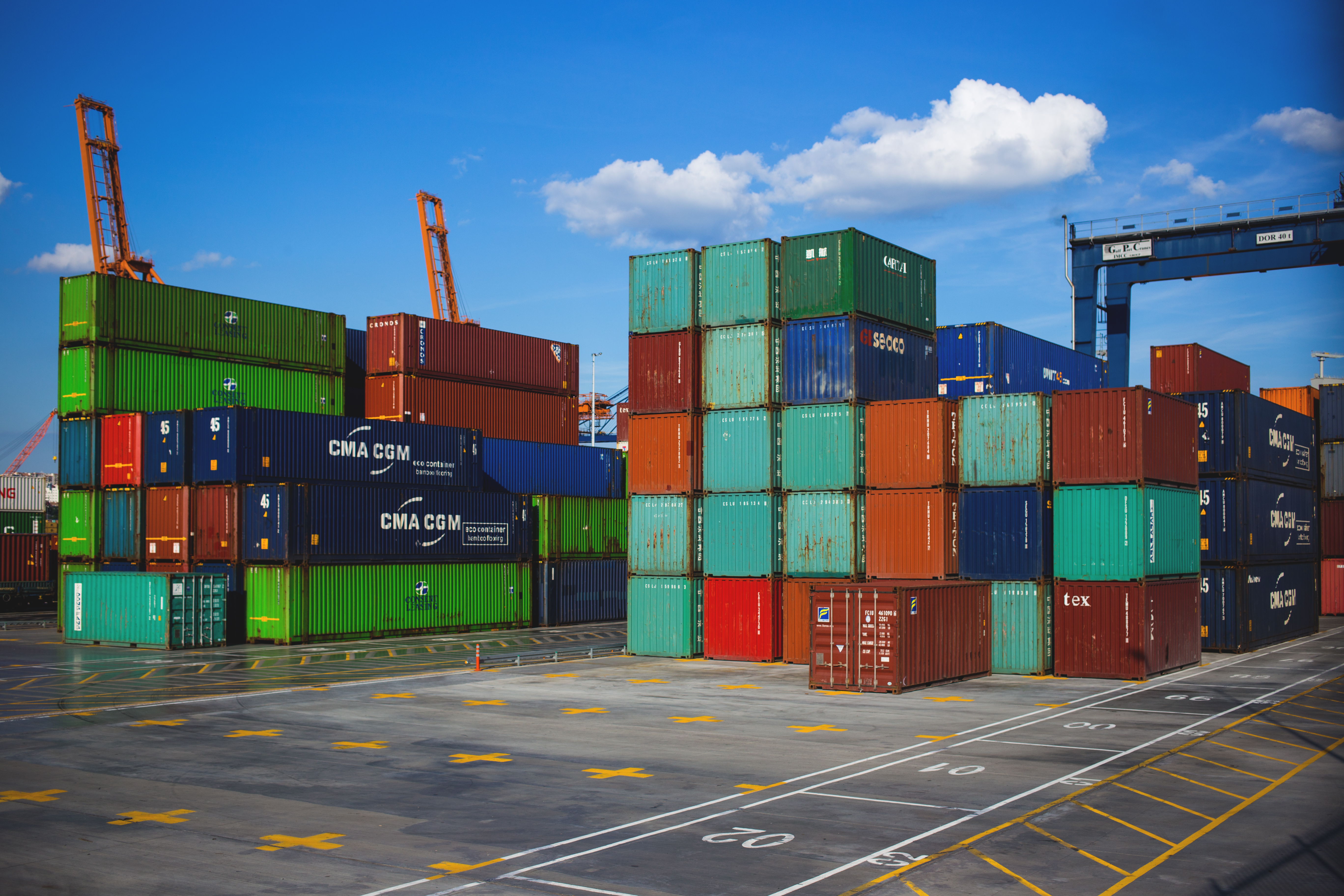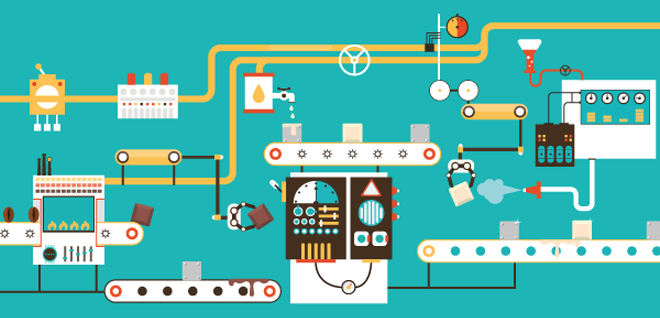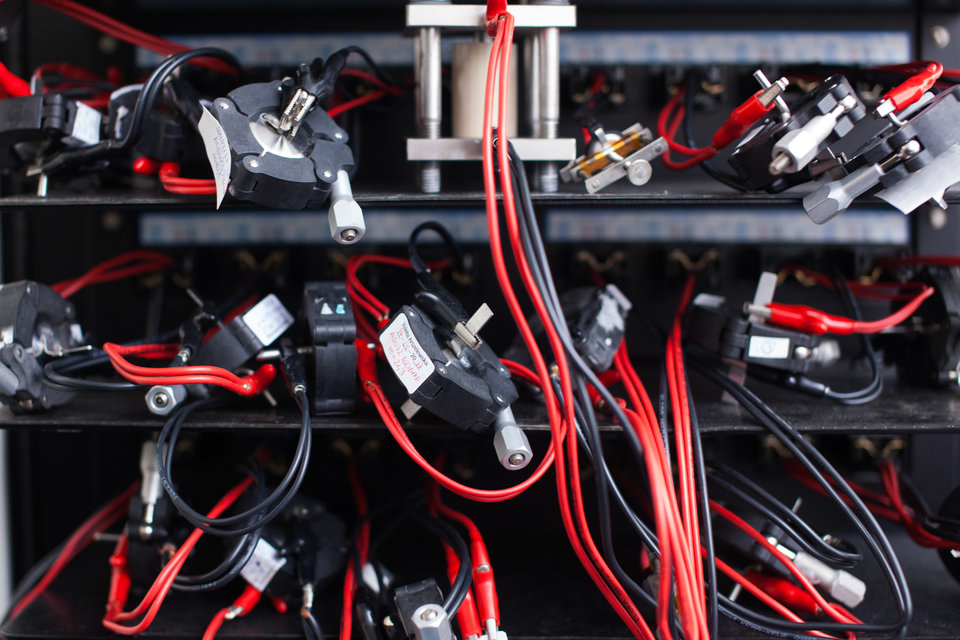With the festive season fast approaching, container ships are once more sailing to and fro packed full of gifts. But many people may be unaware of the fact that the shipping industry is one of the biggest causes of environmental pollution. Large container ships that consume huge quantities of fuel oil containing toxic substances are a particular problem. They sail outside territorial waters, where hardly any environmental rules apply and they account for 80% of all greenhouse gas emissions from shipping.
Dismayed by this persistent problem, TU Delft alumnae Astrid Sonneveld and Isabel Welten from the GoodShipping Program decided in 2017 that it was time for a change. Their aim is to use renewable fuel to help make the shipping industry cleaner and more sustainable. This could make a real difference because around 90% of all goods are currently transported by container ship. Consumers are totally unaware of the extent of this pollution.
Challenge
Container shipping is a difficult industry. Margins are extremely low, and shipping companies are few in number, which gives them a lot of power. This makes it difficult to make any progress in improving the sustainability of the sector. It is why GoodShipping, an offshoot of the GoodFuels company, has decided to initiate change via an alternative route: the shipping agents. Astrid: “Shipping agents, who commission the shipping companies to transport their products, have the power to make demands in terms of sustainability. GoodShipping allows shipping agents to take back some control, making them feel less at the mercy of the powerful shipping companies.” Approaching the problem at a macro level in this way means genuine progress is possible. “We learnt to work this way as part of our Technische Bestuurskunde programme at TU Delft,” says Astrid.
Stand out from the crowd
In practice, it tends to be either the leading shipping companies or those facing difficulties because of fierce competition that are most open to using biofuels. “They see it as a way of standing out from the crowd. Of course, it’s also helpful that a growing group of shipping agents are now making demands, because the use of renewable fuel is not compulsory,” explains Astrid. Ideally, in a few years’ time GoodShipping will have developed a certification method that becomes the standard for the sector, primarily in order to boost transparency.
Successful
GoodShipping has already made good progress. It started small with the Dutch company Tony’s Chocolonely as its first customer, which is not only committed to the production of slavery-free chocolate, but also sustainable chocolate. It was followed by international company DHL and the GoodShipping initiative has won several awards, including the Accenture Innovation Award and the TEDx Award. IKEA became a customer in early 2019. Since then, there have been several biofuel deliveries to CMA CGM, one of the largest container shipping companies, aimed at making IKEA sea freight more sustainable.
About Astrid and Isabel
Astrid studied Technische Bestuurskunde, did the Master’s programme in SEPAM (now CoSEM) and graduated cum laude in 2015. She then immediately joined the GoodFuels company, a global pioneer in renewable fuels for sea and land transport. From this company, she launched GoodShipping together with Isabel.
Isabel also studied Technische Bestuurskunde, completing her Master’s degree in SEPAM (now CoSEM) in 2014. She did her graduation internship at Procter & Gamble, a multinational that makes consumer products. She spent three years there working to reduce carbon emissions in the transport supply chain, before joining GoodShipping.







